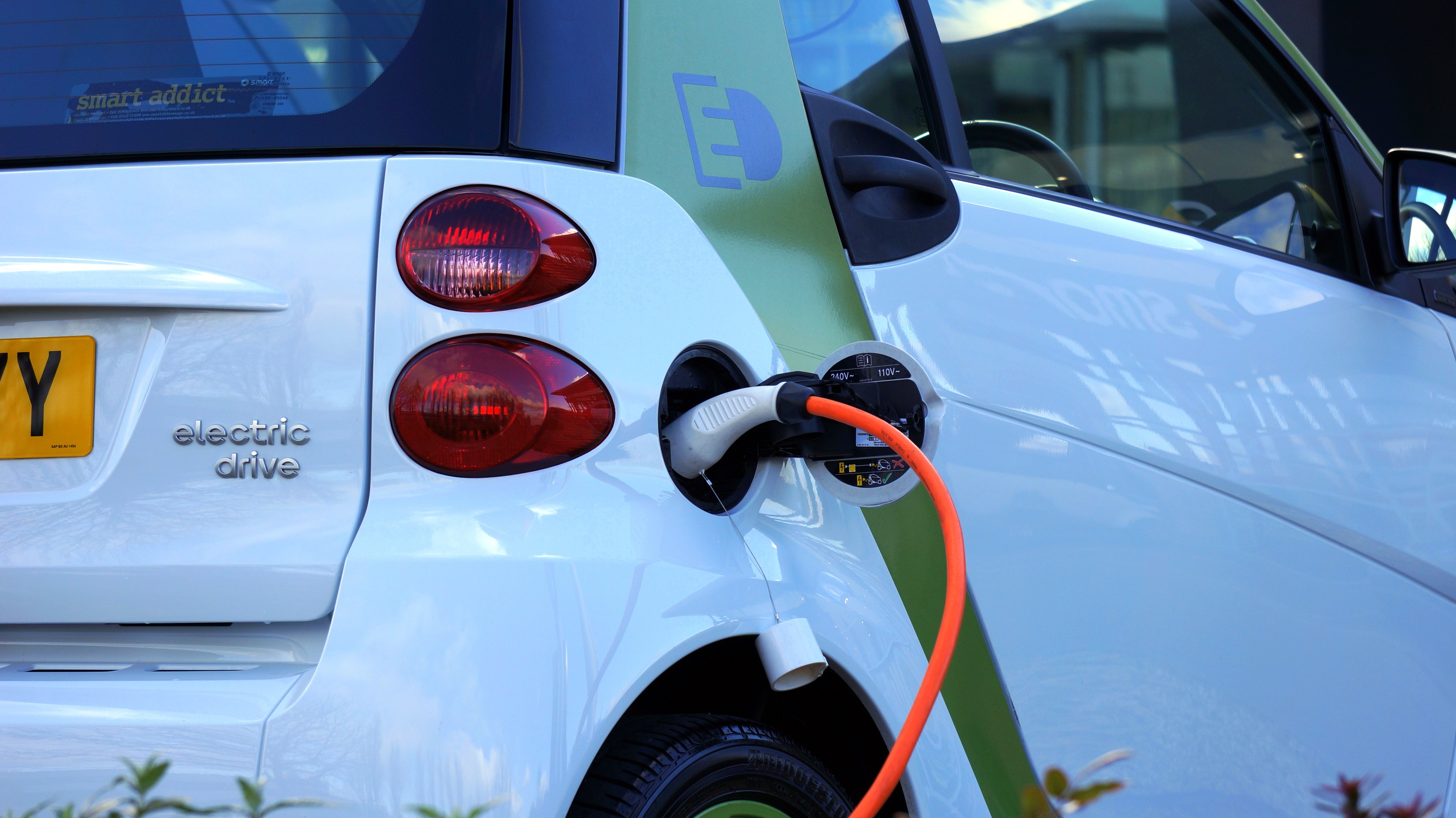Security researchers from Check Point Software Technologies warn that electric vehicle initiatives would be slowed down if IT security of charging stations continues to be neglected. It’s important to remember that these charging stations are IoT devices connected to the internet.
Check Point® Software Technologies Ltd is highlighting the virtual threats to electric vehicle charging stations. This could delay the spread of electric vehicles and inhibit the fight against climate change mandated by governments. The German government, for example, has set a target of reducing transport emissions by 40 to 42 per cent by 2030. Meanwhile, the European Parliament is seeking a complete ban on internal combustion engines.
But while car manufacturers are ramping up production of new electric vehicles, the industry is not doing enough to address IT security regarding new IoT devices. But this can be dangerous because: as soon as drivers charge their vehicles, there is a data connection between the vehicle and the EV hub. These charging stations are in turn connected to the internet and, like any other IoT device, are vulnerable to the deeds of hackers. If an attacker can now gain access to a charging station, this could have serious consequences:
- Risk to user safety: Theoretically, a hacker could access a vehicle’s engine controls via a charging station and either compromise safety or performance – or disable the vehicle. In the case of an important vehicle, such as an ambulance, such delays could be life-threatening.
- Crippling the EV charging network: Hackers could shut down a network of charging stations by exploiting a single vulnerability in one of the IoT devices. The consequences range from drivers not being able to charge and use their cars, to loss of revenue for the operator, to immeasurable disruption to the road network and power grid.
- Commercial loss: In addition to shutting down a network of charging stations, hackers could access the operator’s software and introduce ransomware, resulting in financial and reputational damage. In addition, many commercial fleets are converting to electric, but a hacker could cripple the entire delivery operation from his laptop.
- Payment systems: Hackers could crack the payment system at an EV hub, resulting in theft of money from the driver or network operator.
Cyber criminals are also wasting no time in increasing the scale and sophistication of their attacks. Check Point Research recently reported a global increase of 59 per cent in ransomware attacks alone, while in Germany, looking at the last six months, there was a sharp increase in all IT attacks, especially in September. Germany is roughly on average for Europe, with around 1,300 attacks per organisation per week peaking at the end of September. As a result, it will not be long before the potential of attacks on electric vehicle charging stations is recognised by hackers, making it crucial to protect them appropriately.
“Climate change and the need to reduce our dependence on oil underline the inevitability of switching to more environmentally friendly modes of transport. However, IT security concerns could be another obstacle to the future growth of the electric vehicle market. Unsecured charging stations are an open door for increasingly sophisticated hacker gangs, but there are proven IoT security solutions that could prevent such attacks and thus promote the development of sustainable transport,” explains Lothar Geuenich, VP Central Europe at Check Point Software Technologies GmbH.





